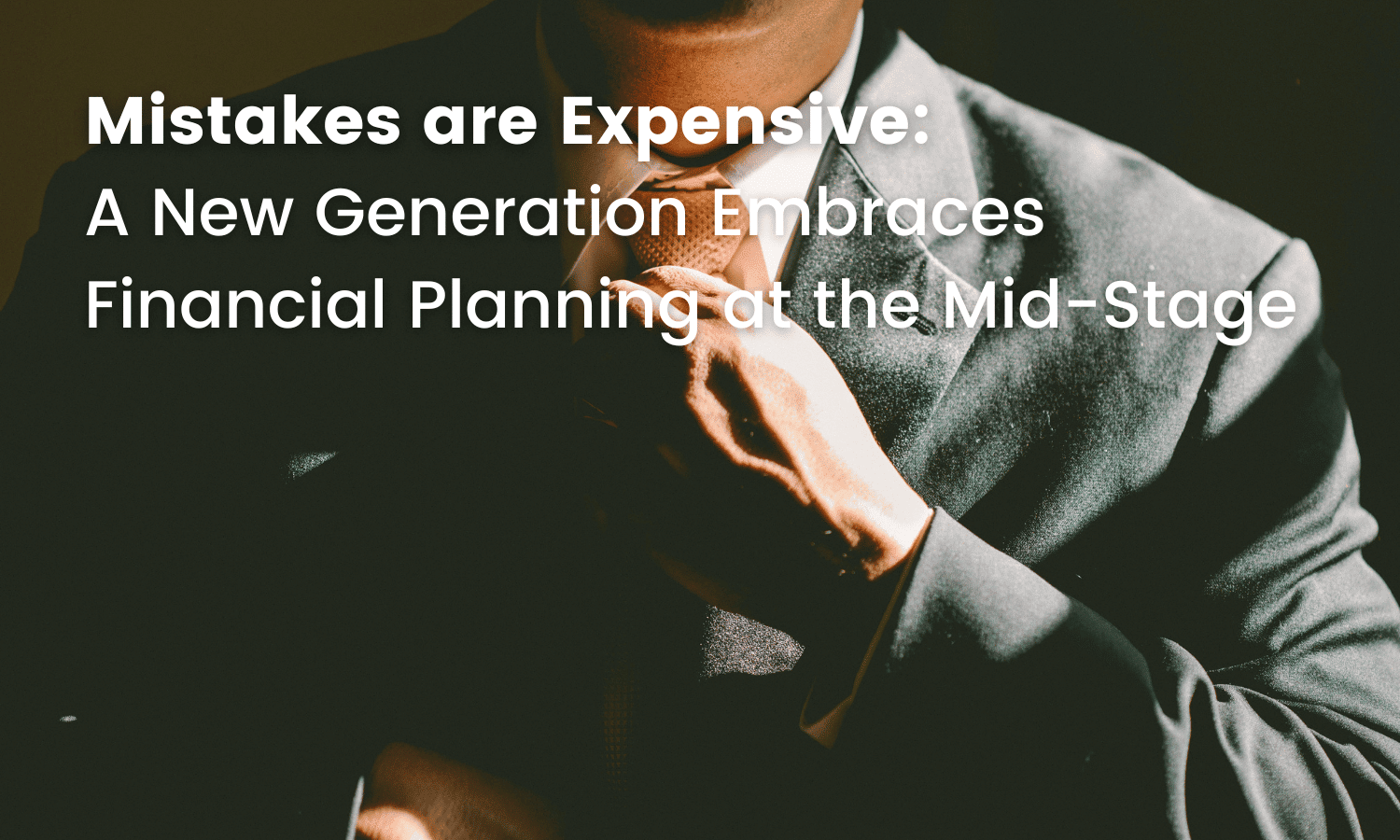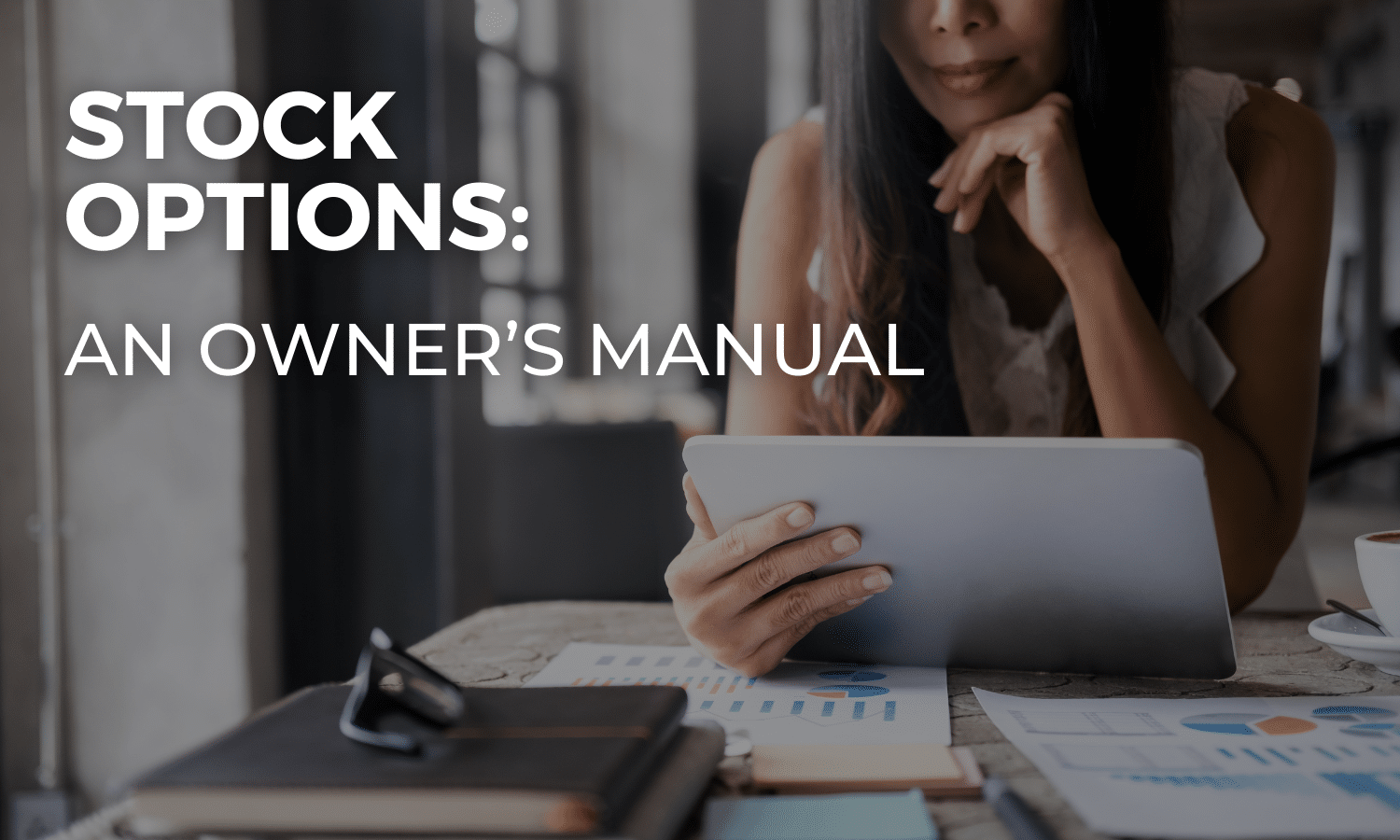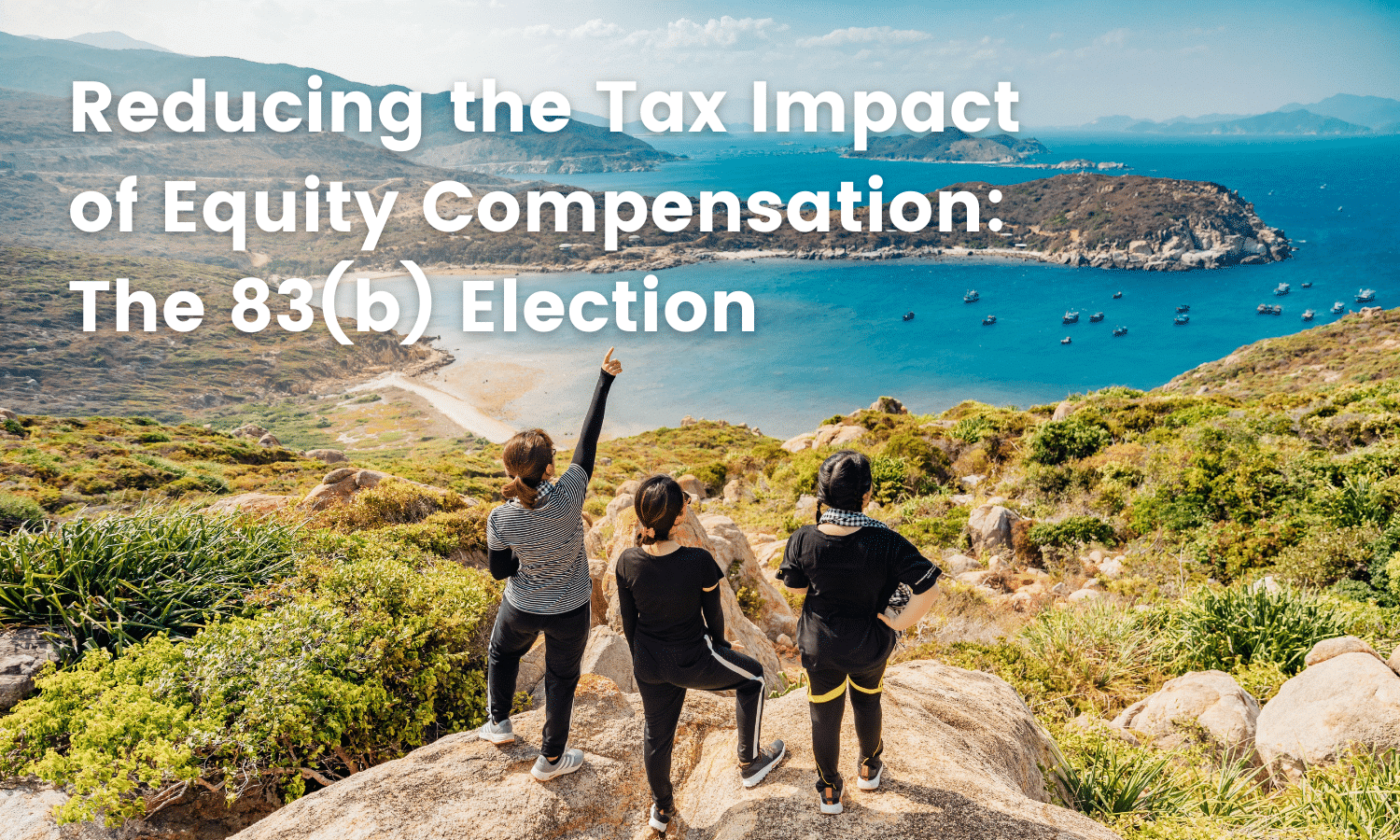The Pre-IPO Checklist for Employees
Working at a startup is rewarding for many reasons – building something from scratch, collaborating with colleagues to make an idea into reality, and potentially changing an industry or a market for the better.
If you own company stock, the initial public offering (IPO) is the chance to monetize all your hard work. But understanding what to do with your stock, how to maximize benefits and minimize taxes, and how to turn a windfall into lasting wealth are a whole new level of complexity to be managed.
While this is far from comprehensive and you’ll likely want some specialized advice here, we’ve put together a quick read to get you thinking and planning if your IPO is starting to move from “someday” to “someday SOON.”
What Kind of Stock Do You Own?
Pre-IPO stock can take many forms. You may have been granted stock outright that you fully own now and can sell as soon as lock-up is over; you may have restricted stock units (RSUs) that must vest, or you may have employee stock options that must also vest, and then be exercised. The type of stock will have a bearing on when you can sell it and what taxes are due.

Breaking Down the Types of Stock Options
The most common type of options are non-qualified stock options (NSOs). These options provide the right to buy a pre-set number of company shares at a pre-set price. The idea is that the stock will go up in value, and the employee will reap the difference by selling the shares. Taxes must be paid when the options are exercised (the shares are purchased) and when the shares are sold, assuming the stock has appreciated. NSOs are usually taxed as ordinary income.
Incentive stock options (ISOs) provide the right to buy shares at a discounted price and to delay taxes on the shares until they are sold. ISOs are usually taxed at the capital gains rate – so exercising the option and holding the stock at least a year will potentially create a tax advantage.
Stock options typically have a vesting schedule, and the options cannot be exercised until they vest. Once they do, they don’t have to be purchased immediately, but there is usually a last date to exercise the options, or they expire.
RSUs are a transfer of stock from your employer to you that vest later. Once they vest, you own the stock and can do with it what you would like. It’s essential to keep in mind, though, that the fair market value of the stock is included in your taxable wages. This may not happen until after they vest and the company IPOs.
What’s the Timeline?
Most IPOs will have a lock-up period, usually of at least six months. You’ll be unable to sell your shares during this time, and IPO share prices can bounce around a lot. It’s essential not to count your proverbial chickens. In other words, don’t spend the money before you have it. A lot can happen; you want to stay within your budget, stick to your savings plan, and don’t commit to any significant expenditures.
In exercising options, a common strategy to minimize taxes is to hold the stock long enough to be sold as a long-term capital gain. This lower tax rate applies to assets held for at least one year. In the case of options, two years must have passed since the opportunity to buy the shares was granted.
If you exercise the option six months before the IPO, you’ll start your one-year holding period, and once the six-month lock-up is over, the sale should count as a long-term capital gain. However, it’s more important that the stock sale fit into your overall financial picture than to hold yourself to a strict timeline.
Diversification is Important
A concentrated stock position is usually defined as 10% or more of a portfolio. Depending on your financial position, continuing to hold a big percentage of your wealth in your company stock can be very risky.
Selling some of your position and redeploying into a more diversified portfolio of assets makes good sense. It can be part of a plan to get you closer to early retirement, and it can also be a way to express your values and beliefs outside of your work if you choose to invest in ESG- focused stocks or funds.
You may also decide to get ahead of some of the big expenses. For example, you could purchase your first home or super fund your kids college plan. The idea is to be thoughtful about your complete financial picture and make a plan for those new funds that will keep you on track.
The Bottom Line
A potential IPO brings to fruition your work and goals in a very tangible way. But before you can start enjoying the monetization of your vision, it’s a good idea to have a very comprehensive plan in place. This requires advice from experts who can consider your company, your tax picture, your other assets, and your goals. These are the types of services we do at Monroe Wealth Management.























